Home Buying – Step 6, From Contract to Closing
Home Buying – Step 6, From Contract to Closing
Once all parties have agreed and signed off on the purchase agreement, there is usually about 30-60 days until closing. Although this may seem like it should be a quiet period of preparing for the move, there is still a lot to accomplish.
Clearing Contingencies from Purchase Agreement:
- The most common contingency on the purchase agreement is the Inspection Contingency. This contingency must be cleared and negotiated within a certain number of days as set forth in the purchase agreement.
- The other common contingency has to do with financing. This contingency may also have a deadline on it so make sure you are working with your lender and getting them the information they require. As part of your financing you will also have an appraisal done on the property during this period. The appraisal is coordinated by the bank and is a process of determining the home’s market value. The home must appraise at or above the sales price in order for your financing to go through. Once the appraisal is completed and you have all the remaining documents your lender has asked for, your application will go to underwriting for final approval. Don’t be surprised if underwriting asks for additional information, it just seems to always happen no matter how strong a buyer might be. Also during this time you will need to decide on locking in your interest rate if you haven’t already done so.
- Other contingencies that may need to be addressed during this time include the sale of your present home, well, septic, or reviewing homeowner’s association documents.
Title Work:
- While you’ve been working on negotiating and clearing the contingencies, the Title company who will be closing your sale has been given all the relative sales documents and has probably contacted you by mail for additional information they need from you. Within a few weeks they will forward to you the Title Insurance Commitment for your review. Pay attention to what exemptions may be included in that commitment.
Other activities prior to closing include:
- Obtaining property insurance.
- Reviewing the cash you will need for closing and wiring those funds to the Title Company (be aware of wire fraud and check and double check instructions with the closing company).
- Contact utility companies to discontinue service at your present address and transfer service to your name at your new home.
- Notify banks, credit card companies, department of motor vehicles, friends, etc. of your new address.
- Determine how you will coordinate your move.
- If you have children you will need to contact the school to register them and possibly find daycare.
- Right before closing you will do a Final Walk-through of the property to ensure it is in the same condition as when you saw it originally and any repairs that have been negotiated have been completed.
Now you are ready to close on your new home. See Step 7 – What happens at closing?






